Joint Interfaith Statement: Jesuit Refugee Service International Director and Italian Islamic Leader Unite to Call for Bridges not Walls
BY ISN STAFF | February 7, 2017
Marking the start of the UN World Interfaith Harmony Week, Fr. Thomas H. Smolich, SJ, International Director of the Jesuit Refugee Service (JRS) and Imam Yahya Sergio Yahe Pallavicini, President of the Italian Islamic Religious Community (COREIS) released a statement, calling President Trump’s executive orders on immigration and refugees “an affront to common Muslim and Christian values, and a repudiation of shared humanity.”
The statement calls the order discriminatory and perilous to Christian-Muslim relations, violating a fundamental obligation of religious transitions: Love the stranger, for you were once strangers in Egypt (Dt. 10, 19)”, and misses the goal of the same existence of humanity on Earth following the words of the Qur’an: “O mankind, indeed we have created you from male and female and made you peoples and nations, so that you may know one another” (Qur., 49:13).
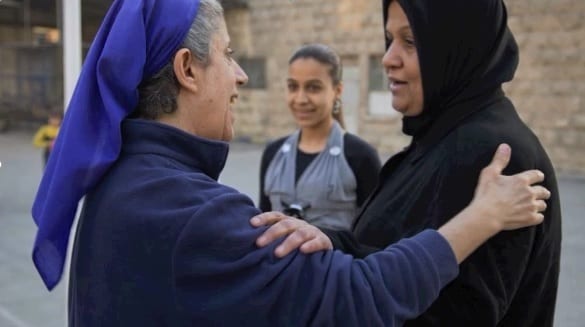
[Jesuit Refugee Service]
Pope Francis has spoken of migration as an occasion of grace for host and migrant alike: “At this moment in human history, marked by great movements of migration […] those who migrate are forced to change some of their most distinctive characteristics and, whether they like or not, even those who welcome them are also forced to change. How can we experience these changes not as obstacles to genuine development, but rather as opportunities for genuine human, social and spiritual growth?”
In response to Pope Francis’s words, JRS and COREIS state: “As Muslim and Christian organisations, we affirm our solidarity with all refugees, regardless of their faith. Any attempt to reject refugees on the basis of their religion is contrary to Christian and Muslim values of human dignity, care for the weakest in society, and of religious liberty.”
The statement names specific concerns shared by JRS and COREIS: “We are gravely concerned by the indefinite suspension of the Syrian refugee programme, at a time when nearly 5 million Syrians have had to flee the violence in their country. We are also alarmed by the stated policy of giving priority to refugees claiming religious persecution in countries where their religion is in a minority. Given that the seven countries whose citizens have been banned from entering the U.S. for the next three months are all Muslim-majority countries, the Executive Order clearly signals the intention to place Muslim refugees from these countries at the bottom of the priority list. A de facto ban on many Muslim refugees may feed sectarian resentment, fuel radicalism, and exacerbate religious tensions.”
“The executive order threatens to destabilise refugee protection globally, by reducing the number of resettlement places, and closing access to asylum claims.” JRS and COREIS call on all governments to “oppose the US ban, and to ensure that the architecture of refugee protection is strengthened in their own countries and urge governments that are tempted to implement isolationist policies to address instead the structural causes of forced displacement, and to share equitably the responsibility of providing protection to refugees.”
Fr. Smolich and Imam Pallavicini reiterate that “Christians and Muslims inhabit religious traditions that are rooted in the experience of exile, and the hospitality of God and God’s own,” and go on to assert that “hostile attitudes towards displaced persons have no place in our religious traditions, and manifest a grave moral failure.”
“Our faiths invite all people of good will to promote everywhere a more generous culture of hospitality to migrants and displaced persons. Let us recognise the dignity of every person, and the right of each person to live in safety in this our common home.”

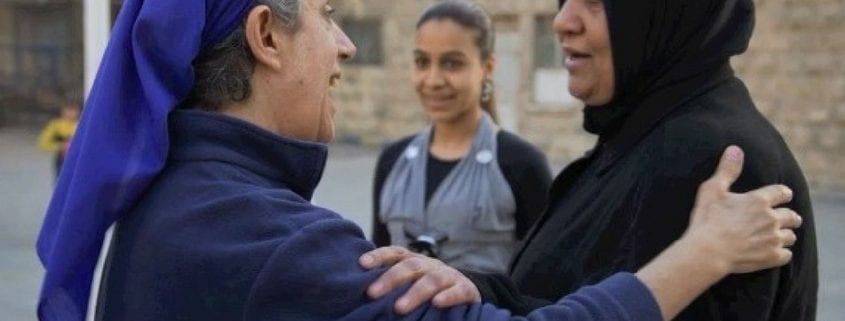
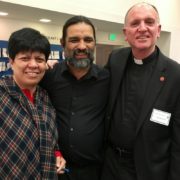
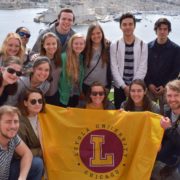
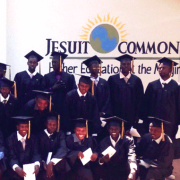
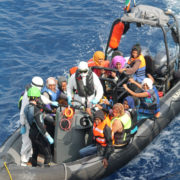
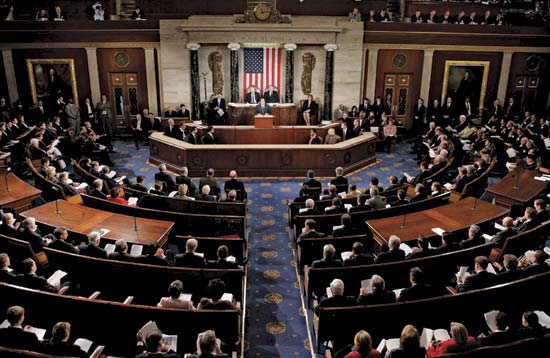


Leave a Reply
Want to join the discussion?Feel free to contribute!